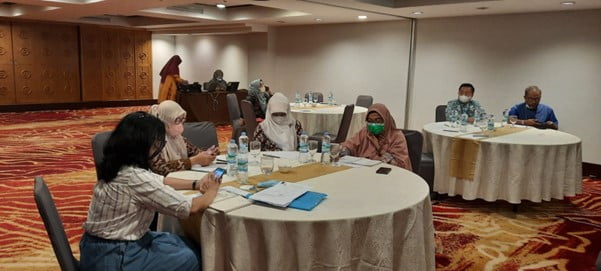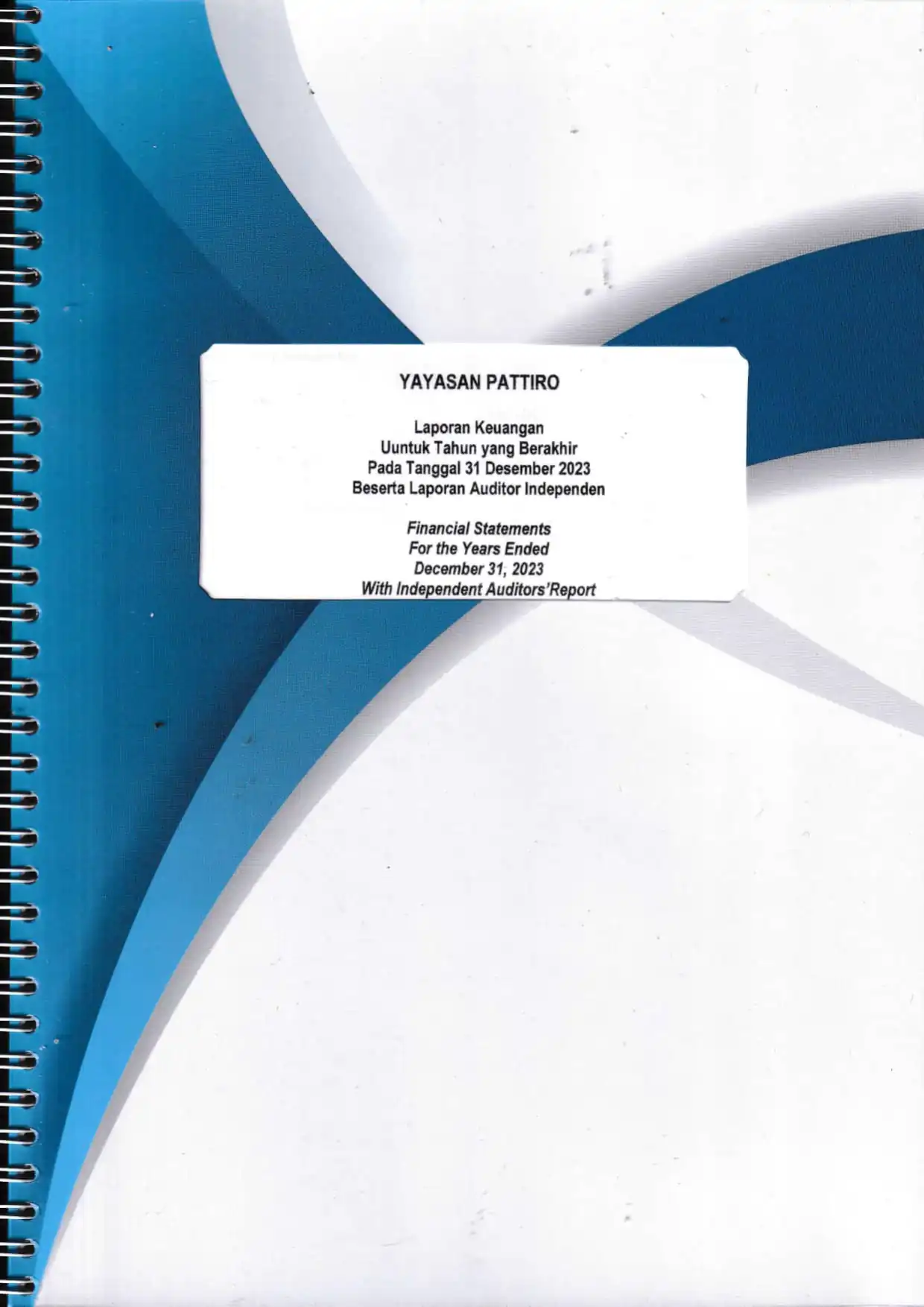
According to the National Population and Family Planning Agency (BKKBN), the stunting rate in Indonesia is currently around 24.4%, exceeding the standard set by the World Health Organization (WHO) of 20%. Reducing stunting in children under the age of two is one of the national development priorities in the main targets of the 2020-2024 National Medium-Term Development Plan (RPJMN) with a target of reducing it to 14% by 2024. Meanwhile, the Acceleration of Stunting Reduction (PPS) program run by the Government has not fully integrated gender mainstreaming (PUG).
As an effort to encourage PUG in PPS, the Ministry of Women’s Empowerment and Child Protection (Kemen PPPA) in collaboration with PATTIRO organized technical guidance on gender responsive budgeting in PPS for local governments. The hybrid activity was held on 9-10 August 2022 and was attended by participants from the Regional Government Organization (OPD) of South Sulawesi Province who attended offline and the OPD of Maluku Province who participated online. Gender responsive budgeting itself is part of Gender Responsive Planning and Budgeting (PPRG) as a PUG strategy in various development sectors, where gender integration must be carried out starting from the planning, budgeting, implementation, and monitoring and evaluation processes of all development policies, programs and activities. This technical guidance is expected to enable OPDs related to the tasks and functions of stunting reduction to prepare a Gender Budget Statement (GBS) on activities related to reproductive health and stunting reduction. GBS is a document that shows that a program or activity has been integrated with a gender perspective.
The event was attended by Program Officer for Programs and Activities of the BKKBN Central Stunting Task Force Lucy Widasari, Head of the South Sulawesi Stunting Prevention Acceleration Team (TPPS) Andi Darmawan Bintang, Head of the Maluku TPPS Anton Lailossa, Director of Synchronization of Regional Government Affairs IV of the Ministry of Home Affairs (Kemendagri) Zanariah, and Chairperson of the Women’s Health Foundation Zumrotin Susilo.
Zumrotin mentioned at least three types of activities in the PPS that indicate a gender gap, namely nutrition-specific interventions in quality maternal health services, nutrition-sensitive interventions in gender empowerment, and activities in addressing the problem of child marriage. In line with this, she also emphasized that the program does not involve the role of men. Zumrotin emphasized the importance of promoting local wisdom in the implementation of PPS, such as identifying local wisdom-based family parenting patterns that are gender-equitable and utilizing local food processing to fulfill family nutrition.
A more specific issue of gender inequality in PPS in South Sulawesi province was presented by Andi Darmawan Bintang. Andi stated that there are health problems and gender inequality that are quite high. The stunting prevalence rate is still high, at 27.4%. Meanwhile, the problem of gender inequality faced is the high rate of sexual violence against children and early marriage. To address these issues, the South Sulawesi Provincial Government has developed several stunting and gender equality prevention programs in the health, education and economic sectors.
The Ministry of Home Affairs, as stated by Zanariah, continues to provide support and take part in the implementation of PPS by facilitating policy formulation, including in gender mainstreaming. In addition, the Ministry also continues to ensure that the achievement of national targets through women’s empowerment and child protection programs is included in regional planning documents. The Ministry of Home Affairs also seeks to facilitate the formulation of Regional Government policies. Zanariah added that the PPS program has also been confirmed in a regulation in the form of Presidential Regulation Number 72 of 2021 concerning the Acceleration of Stunting Reduction.
Furthermore, Maluku Province has a program in the form of eight stunting integration actions to alleviate stunting in Maluku. In his presentation, Anton Lailossa explained that the eight actions were situation analysis, preparation of activity plans, stunting consultation, regent/mayor regulations to accelerate stunting reduction, coaching actors and village/kelurahan governments, stunting data management systems, stunting measurement and publication, and annual performance reviews. The seriousness of Maluku Province in stunting eradication is also stated in the vision and mission of the 2019-2024 Maluku Province RPJMD, namely increasing access to and quality of education and health. Improving access and quality of education and health is also a development priority in Maluku Province in 2023.
Some important aspects need to be considered in PPS. Lucy Widasari in her presentation explained that reducing stunting in Indonesia requires strong political will and cross-sectoral cooperation between the government, professional associations, public and private health service facilities, and non-governmental organizations. It also needs to be supported by strengthening the regulatory framework, institutions, planning, budgeting, and implementation of stunting reduction programs. Moreover, increasing access to basic services such as education, health, and social protection, as well as leadership is also needed to support the PPS program. Increased access to alleviate women’s dual roles also needs to be done to provide protection to women.
During the technical guidance, participants were accompanied by facilitators from PATTIRO and Kemen PPPA to practice gender analysis using the Gender Analysis Pathway (GAP) instrument on reproductive health and stunting issues in the regions. Furthermore, guided by the facilitators, participants also prepared GBS for thematic programs on reproductive health and stunting based on the 2023 OPD Work Plan (Renja).




